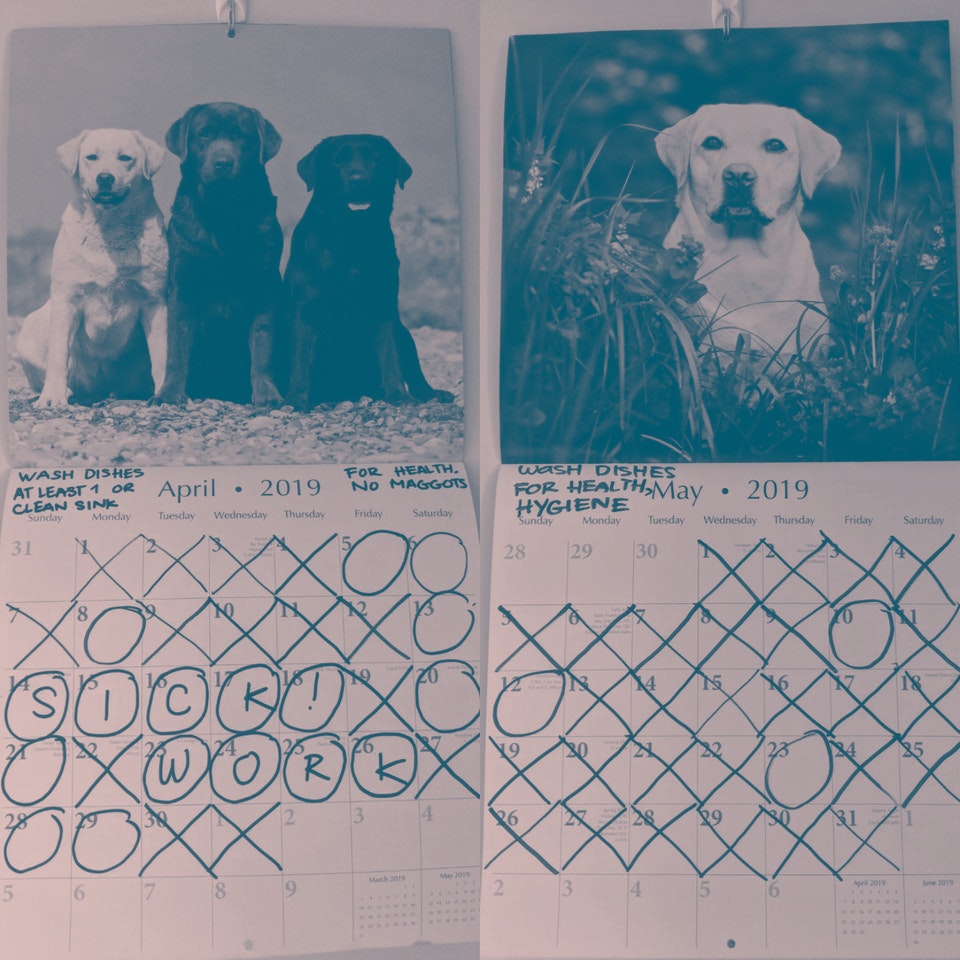Not too long ago, writers who published on the internet were given one sage piece of advice: Don’t read the comments. Nothing good will ever come from reading a stranger’s assessment of your work; and scrolling down past your own words to those of strangers attempting to argue with you (or even amongst themselves) is a very good way to drive yourself insane. Eventually, most publications caught on to this reality and got rid of their comments sections altogether, but this didn’t stop the commenting instinct; it merely traded one medium for another. Today, the comments come directly to you, on Twitter and Facebook, via emails from strangers, popping up on our phones as if invisible hordes were following our every move.
No matter where the comments live these days, it’s almost impossible to find a comments section where the unsolicited opinions that live there are actually positive, let alone helpful. Unless we’re talking about the comments on NYT Cooking, a digital collection of recipes from The New York Times.
I don’t cook much, but when I do I try to take advantage of (my friend’s) NYT Cooking subscription. The recipes there are great — Alison Roman’s Spiced Chickpea Stew with Coconut and Turmeric and the One-Pan Shrimp Scampi with Orzo are some of my personal favorites — but the input from people who go on to cook said recipes and report back with their thoughts are even better. They range from practical and pure, like a suggestion to cut back on salt in this recipe for Kale Soup with Potatoes and Sausage, to an ever-present stream of complaints, to odd and intense: underneath the Times’s viral recipe for Katherine Hepburn’s brownies, you’ll find a note from a woman who blames the recipe for breaking up her marriage.
But unlike a story about politics or Marvel movies, the comments section of a cooking site has a significant effect on the quality of the cooking site itself. It’s a place to read actual user feedback on something you are likely going to go out and make yourself (and possibly serve to other people). Getting it right is important. I’ve gotten to a point where I don’t start measuring out ingredients or even turn on my oven until I’ve read through the top comments, never knowing what side of the spectrum they’re gonna land on. It’s a truly special corner of the internet that has recently been honored with its very own dedicated Instagram account.
@nytimescookingcomments was created back in February by a person who prefers to remain anonymous. The post that inspired the account, its proprietor told me in an interview, was written by someone named Kim, who took to the comments section to tell a story about a Labrador Retriever who ate three pounds of bolognese sauce off the stove. “I cook that recipe frequently, so I must have seen it 30 times and consistently found it hilarious, and sent it to multiple people,” the account’s creator said. “The internet and Instagram can be such an enormous bummer sometimes (very very often), but envisaging this dog having the time of its life while gorging itself on Marcella Hazan’s painstakingly made bolognese brought me such joy.” And so they decided to spread that joy to their now more than 40,000 followers by way of screenshots uploaded to Instagram.
Its creator says that some of the comments posted to the account “are personal and play out like miniature dramas that you can get invested in. Some make you think, ‘Bless your heart,’ and others [make you think], ‘That is way too much information about your personal life to share on this recipe for roast chicken.’” Personally, many commenters remind me of older relatives on Facebook who aren’t sure what, exactly, is considered oversharing. “When baking scones, I listen to hear if they are done,” one user writes. “If moist in the middle, they make the faint sound of boiling. When done, they are quiet. I listen to all cakes, biscuits, and muffins to check their doneness.”
Although people refer to it as the “comments section” of the NYT Cooking, it actually isn’t a comments section at all. As food editor Sam Sifton explained in a 2017 interview, the publication made it a point to ask users for “notes” instead. “We felt that asking for ‘notes’ on recipes would lead to a more collegial and fact-based atmosphere than one filled with mere comment and opinion,” he says. “That’s worked to a large extent.” The team also vets any notes before they actually appear under a recipe, which perhaps makes the ones that make the cut — especially those veering into bizarre territory — even more delightful. What deemed this comment about one user’s habit of washing and reusing aluminum foil worthy of approval from the NYT Cooking team? We’ll never know.
Cooking is universal, but it can also be terribly subjective. A recipe about cookies might conjure up feelings about your upbringing — be them happy, sad, or in between. How you might’ve been taught to make, say, macaroni and cheese (a pretty divisive dish itself, especially when it comes to the best cheese, consistency, and toppings) can affect how you feel about a particular recipe found on the internet as well. Which is perhaps why people tend to get so territorial about certain ingredients or instructions, or get so emotionally invested to the point they feel the need to tell you everything that happened leading up to and after completing a recipe. The nature of cooking is deeply personal and cultural, reflecting our age, gender, where we come from, and a whole host of our identities.
But more often than not, even when people do go a little overboard, as @nytimescookingcomments adeptly shows, the effect is funny rather than toxic. For example, when one user commented: “Three sticks of butter? Are you kidding me? I will never make this!” They were promptly shut down when someone responded, “Then don’t. Good grief.” After all, there’s always another recipe to be found.









